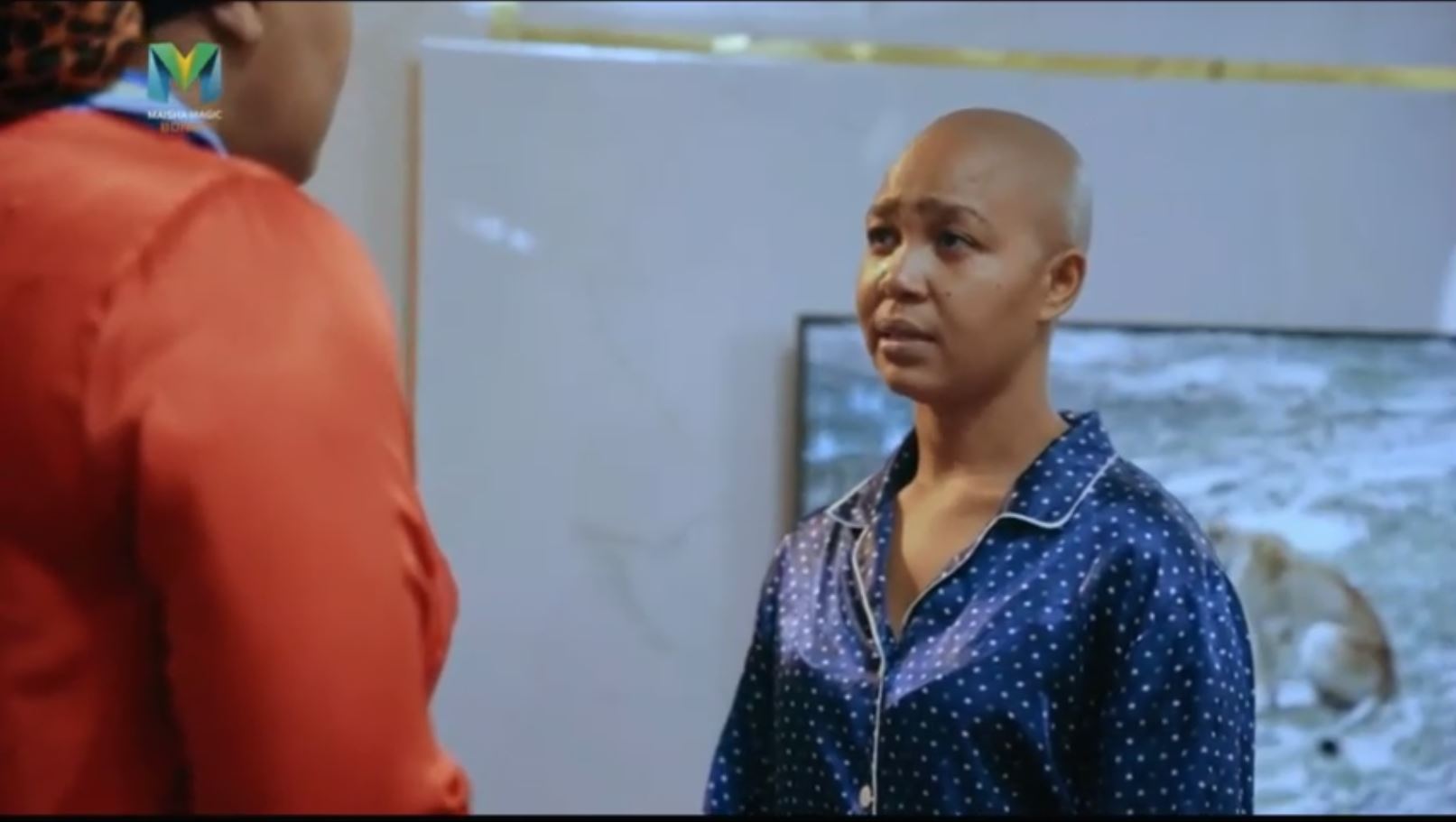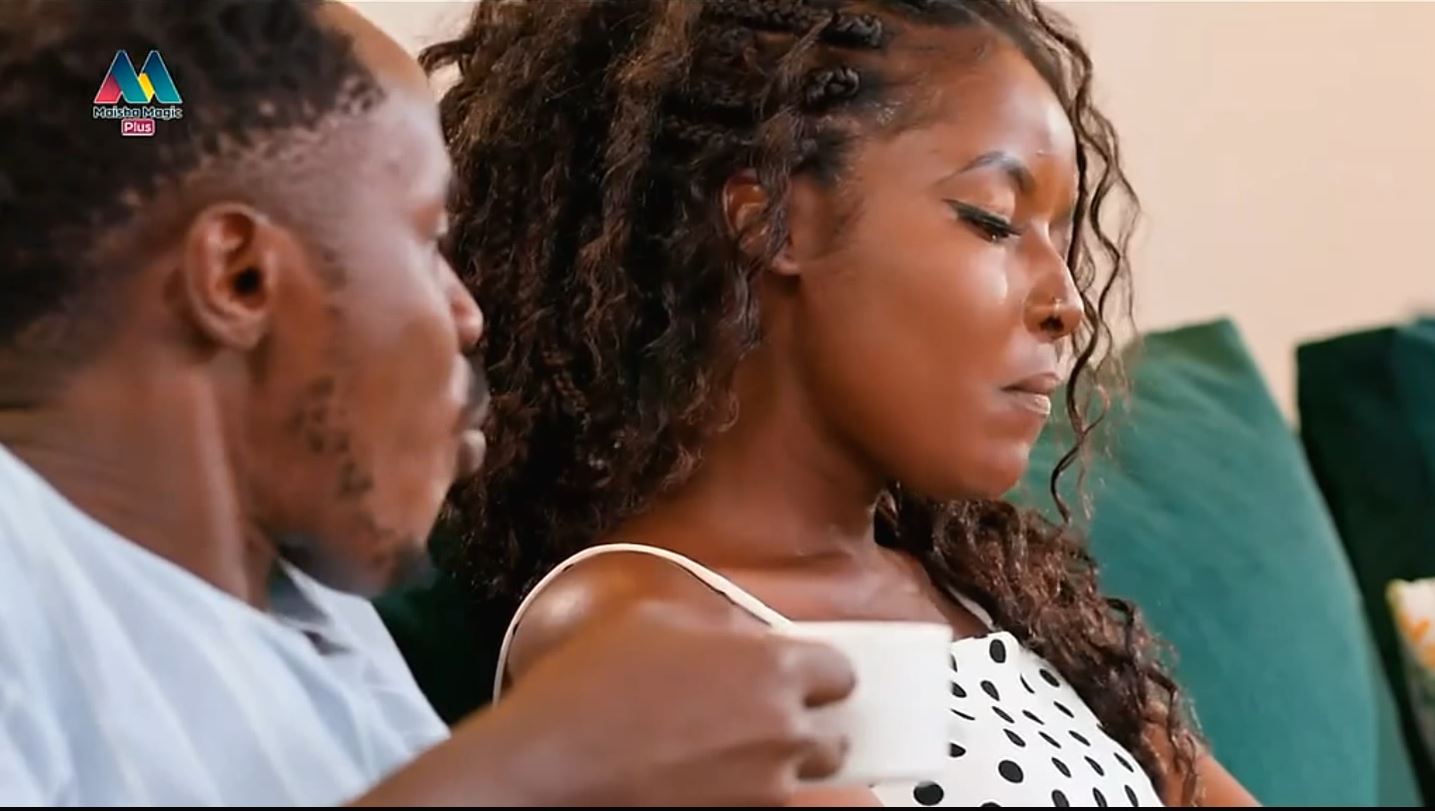In the wake of a leaked video that has caused a significant stir online, Father Lucian Twinamatsiko Ambunga, a figure who was once known for his religious leadership, has found himself at the center of a scandal that has left many in shock. The video, which surfaced recently, shows Father Lucian in a compromising position with a young girl, an act that has been widely criticized and condemned.
The video, which has been widely shared on social media platforms, has led to a wave of reactions from the public. Many have expressed their disappointment and outrage, questioning the integrity of a man who was once a revered figure in the community. The incident has sparked a debate about the role of religious leaders and the expectations placed upon them by society.
In response to the leaked video, Father Lucian has issued a statement expressing his deep regret and remorse for his actions. In his statement, he acknowledged the gravity of the situation and the harm that his actions have caused. He apologized to the young girl, her family, and the community at large for the pain and distress that the video has caused.
“I am deeply sorry for my actions. They were wrong and they do not reflect the values and principles that I have always upheld as a priest. I take full responsibility for my actions and I am committed to making amends and seeking forgiveness,” he said in his statement.
The statement also announced that Father Lucian will be taking a leave of absence from his duties as a priest to reflect on his actions and to seek spiritual guidance. He has also promised to cooperate fully with any investigations into the incident.
The incident has raised serious questions about the role of religious leaders and the expectations placed upon them by society. It has also highlighted the importance of accountability and the need for individuals, regardless of their position in society, to be held responsible for their actions.
As the story continues to unfold, it remains to be seen how Father Lucian will navigate the fallout from the leaked video and what steps he will take to make amends and regain the trust of the community.




You must be logged in to post a comment.